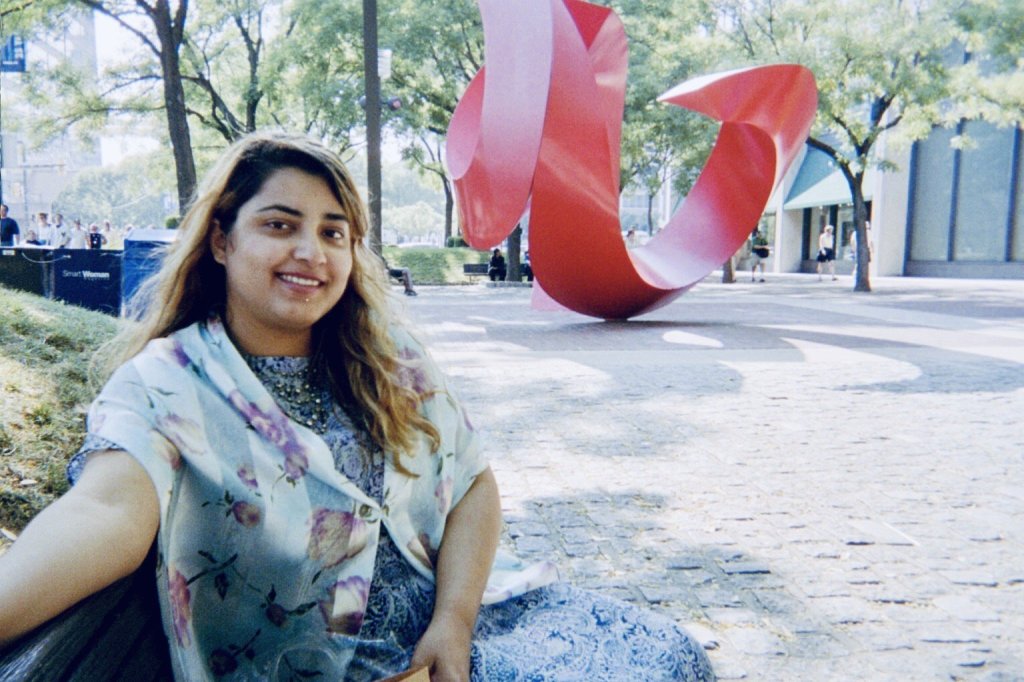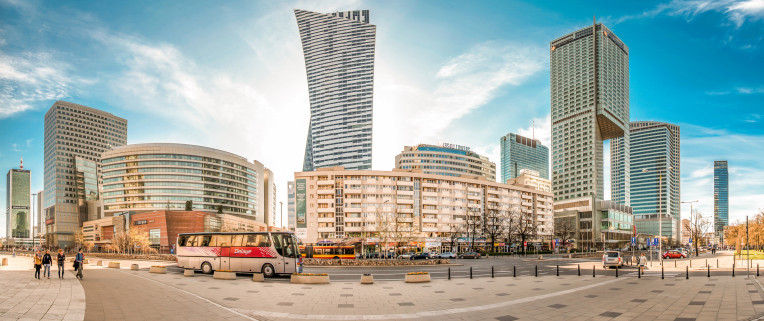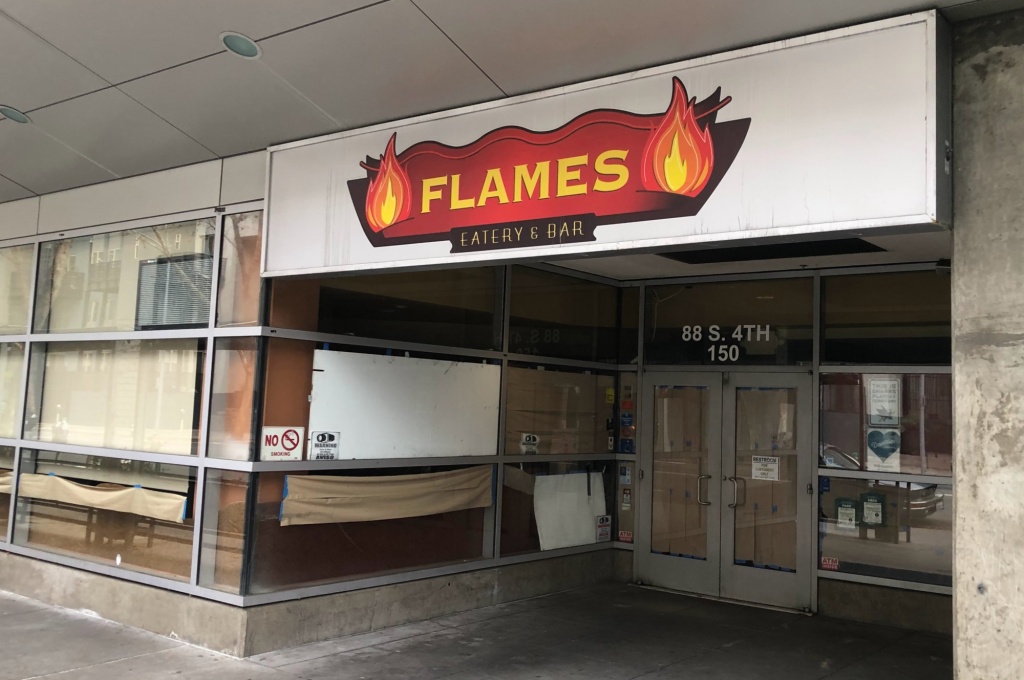Farida Malik, an engineer from Fremont, forgot her U.S. passport when traveling from Nepal to India in July.
The oversight, simple yet serious, has brought a heavy penalty — prison.
The Pakistani-born U.S. citizen was arrested for failing to have the proper travel credentials. In calmer times, the penalty is a $700 fine and expulsion.
But the tinder-box relations between India and Pakistan and the small-town justice of a rural Indian state have kept Malik in a remote, sparse jail cell for the last three months, with little resolution in sight, said her brother Nauman Malik.
“She definitely committed an offense,” said Nauman, an engineer living in Palo Alto, but “the punishment has already exceeded the crime.”
The case has drawn the attention of U.S. Sen. Kamala Harris and U.S. Rep. Jackie Speier, and sparked escalating diplomacy between U.S. and Indian officials. It provides a window into the risks attached to traveling near disputed territories in the Asian subcontinent.
A spokesperson said Harris’s office has contacted the U.S. Embassy in New Delhi and is checking on Farida Malik’s health and welfare. “Senator Harris will continue to monitor this case to ensure that Ms. Malik can receive the medical care she needs and be released in a timely manner,” the spokesperson said in a statement.
Speier’s office said it was aware of the case, but declined to comment on the details.
In the meantime, Farida, 51, sits in a century-old jail, sleeping on the floor in an unheated cell with a half-dozen other female inmates, a six-hour bus ride from the nearest court. Her case has moved slowly, and a hearing this week was postponed after witnesses failed to appear. Her family fears she may be subject to the maximum punishment — five years in prison.
“We’re worried,” Nauman said, “that’s what’s going to happen.”
The Malik family has deep roots in the United States. They came to the country with green cards in 1984, and Farida became a U.S. citizen in 1992.
Her parents raised their two boys and two girls in the Washington, D.C. suburbs. Farida Malik earned her degree in technology from Strayer University, and worked in Virginia for several years, her brother said.
Malik moved to Fremont in 2012, following Nauman and her parents. She landed jobs as a systems engineer at VMware and Genentech, her brother said.
Doctors diagnosed her mother with cancer in 2016, and Farida moved in with her parents to care for them. Her mother died in 2017, and her father 18 months later.
Farida sank into depression after the deaths, her brother said. Shortly after her father died, she posted a brief online video, singing over pictures of her elderly parents. “Every breath I take it’s with tears,” she titled the video. “My pain is unbearable.”
Ultimately, she rediscovered a creative passion — creating YouTube videos and trying to jump-start an entertainment career. She obsessed over Bollywood, and took courses in performance in New Dehli. Her Facebook page details the production of a short, animated romance film she was working on.
Early this year, Farida started a lengthy, international journey. She spent time in Bali and Nepal, and briefly visited the U.S. in April before returning overseas.
Farida traveled to Nepal, and planned to visit New Delhi in early July. She wanted to see friends and return to a country she said she loved. Farida, a Muslim, has “zero interest in geopolitics,” her brother said, and was largely ignorant of the regional disputes.
Farida also posted on Facebook in May about the “easy Visa regime policy” in south Asian countries.
Around July 12, Farida boarded a bus from Nepal to the Indian state of Uttarakhand, a rural region in the Himalayan Mountains known for its Hindu temples and religious sites. The tour bus stopped at an isolated entry point just over the Nepal border and inside India, according to her brother.
Indian police asked for identification and travel credentials. Farida told border officials she left her passport behind, and showed a picture of the document on her phone to the agents, according to Indian court documents.
Indian police removed her from the bus and interrogated her for 11 hours, her brother said. Farida was arrested and charged with failing to have the proper documentation to enter India. She was sent to a remote jail in the mountains hours away from the courthouse where her case would be heard. She was denied phone privileges.
Her family in the U.S. had no idea anything had happened. A brother in Virginia received a note from the U.S. Embassy in late July, weeks after her arrest.
Farida’s Indian lawyer, Chandra Kargeti, said in an email the charges are rare in the region. Typically, an offender will be convicted, fined and sentenced to time served in jail, he said. Indian judges usually issue deportation orders and the accused is sent back to their home country, he said.
But Farida’s case appears to be on a slow track. The court has held several hearings, but little has been resolved, Nauman said. The judge said Farida was a flight risk and denied her bail. Other hearings have been delayed by the Diwali holiday and failure of witnesses to appear.
In the U.S., Nauman called and sent dozens of emails to elected and appointed officials in the U.S. and Indian governments. He hired two Indian lawyers, who have updated him about his sister’s case and health, as well as the local and regional politics that could influence the proceedings.
U.S. officials have started negotiations with Indian counterparts. Nauman believes his sister has been sucked into international tensions between the two countries, and her case is a proxy for the dispute. He’s discouraged: “I’m losing hope in the U.S. process.”
A Department of State official told this news organization the department is monitoring the case, but declined to offer specific details. Nauman said the department has provided his sister with fresh clothes and toiletries.
The department typically sends consular officers to aid U.S. citizens incarcerated abroad and monitor their health and prison conditions. It also works to ensure citizens can access lawyers, and receive a fair and transparent trial. Last year, consular officers conducted more than 10,000 visits to U.S. citizens detained abroad.
In March, the State Department warned travelers to exercise increased caution because of the threats of terrorism and violence in the nearby northern Indian state, Jammu and Kashmir. Women were urged not to travel alone.
Multiple messages left for the Indian Embassy in Washington, D.C. and the Consulate General of India in San Francisco were not returned.
The Malik family remains worried how their sister will survive the ordeal. Nauman said she’s become depressed and bewildered by her legal entanglement. Farida offered to plead guilty, but the judge said a confession would bring a mandatory sentence.
Nauman has only been able to speak to his sister once — for five minutes — since her incarceration. He took a leave of absence from his tech job to advocate for his sister, setting up an online petition and fundraising drive in addition to lobbying the two governments.
Nauman is trying to get a visa to visit her. So far, he has not won approval from Indian authorities.










